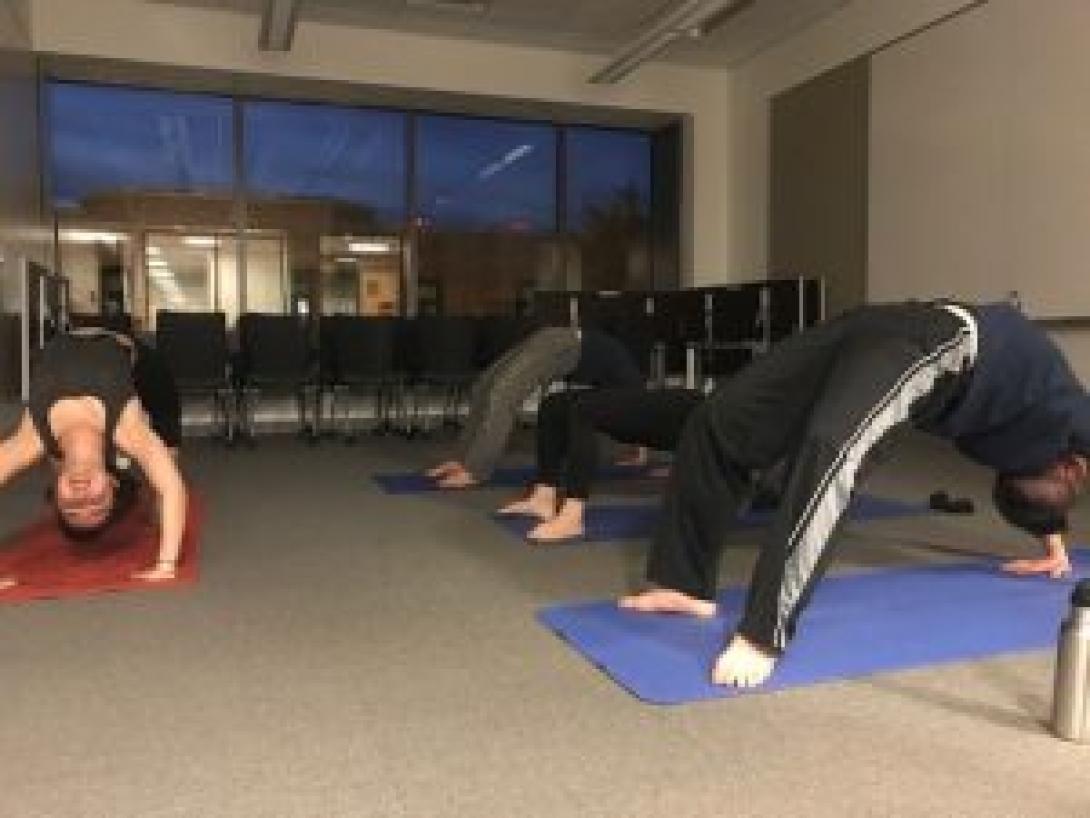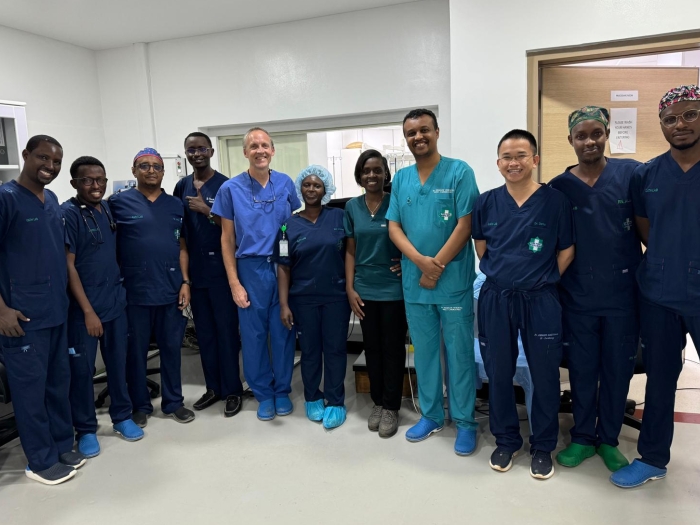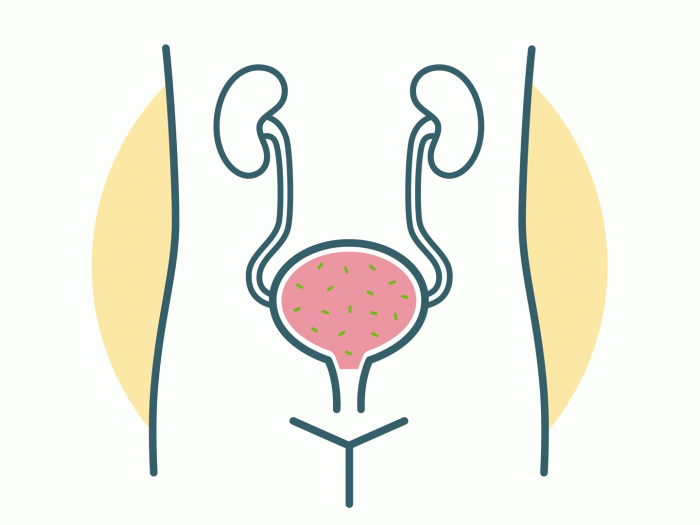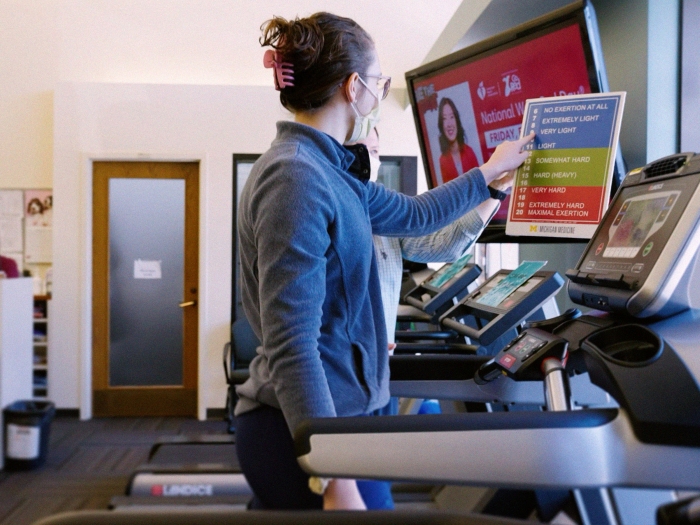Not yoga-wise, but given the lecture Friday on degenerative disc disease, maybe we should all consider it.
This is a very important question to consider and revisit with a modified, "how flexible can I learn to be," specifically when learning how to create a balanced life in medical school.
Some coin it as efficiency, which doesn't encompass the idea entirely since efficiency is essentially how quickly you can improve on a repeated skill. However, with our curriculum, you are in a sequence for no more than three weeks, and your mastery of navigating a study guide may prove to be of little use in a shorter time frame.
You are faced with the same challenge each sequence: "How am I going to tackle this sequence?" a.k.a. "What is my study strategy this week?" Since the answer to this question will usually determine how much remaining time you have to incorporate outside activities (whatever that may mean to you: spending time with your significant other, baking, exercising, Netflixing), I advocate for the strengthening/finessing of the broader skill of being flexible. This includes taking cues from your environment and knowing what resources are available for your use.
(In full disclosure: I have by no means perfected this skill, but I know the importance of being flexible after having completed three-fourths of the Scientific Trunk. When I choose correctly, it shows in the more balanced weeks I have, as compared to when I choose incorrectly.)
There are entire sequences that I did not stream a single lecture. For one week, the route I chose to take was a bundle of flashcards, learning objectives and reading the assigned textbook written by the sequence director. For another, it was only reading a study guide, reviewing the slide deck and watching osmosis videos. And, in yet another case, flashcards only was the main staple for the week. I remember the surprise that some people expressed when they heard that I did not stream at all: "How could you not?" My answer: because for me personally, there are better ways to cover and master the material we will need to know for the week's quiz and on the wards.
One error in a slightly ambiguous slide could have consumed hours of my study time, but I knew that for that topic I could look to Pathoma (an online medical course review resource) and spend approximately 12 minutes at double speed to figure it out. Meanwhile, in another sequence using outside resources was a phenomenal beginner's mistake and would prove to lead me down a road of extreme time-wasting, to the point where I almost understood less than when I had begun.
Asking those who have gone before you (by referencing Code Blue, our compiled tips from older med students, or speaking to them directly), and brainstorming with classmates what internal and external resources are available to cover the week's topics are crucial. But being willing to ditch a study strategy when it's not working is the hardest but most important thing to learn because everyone likes routine.
As for me this week in Musculoskeletal Week 2, it looks like I'll be doing a lot of going to the gym to learn about muscles I never knew I had until I feel them the next morning, yoga with a peer instructor who will in practice highlight material we need to know, and hanging out with cadavers who can show me a thing or two about origins and insertions. Then, when I have the free moment that I have worked for and to bring some balance to my week, I will go back to lorio's and see if Stracciatella or Tiramisu has returned to their gelato menu.


Department of Communication at Michigan Medicine
Want top health & research news weekly? Sign up for Health Lab’s newsletters today!





